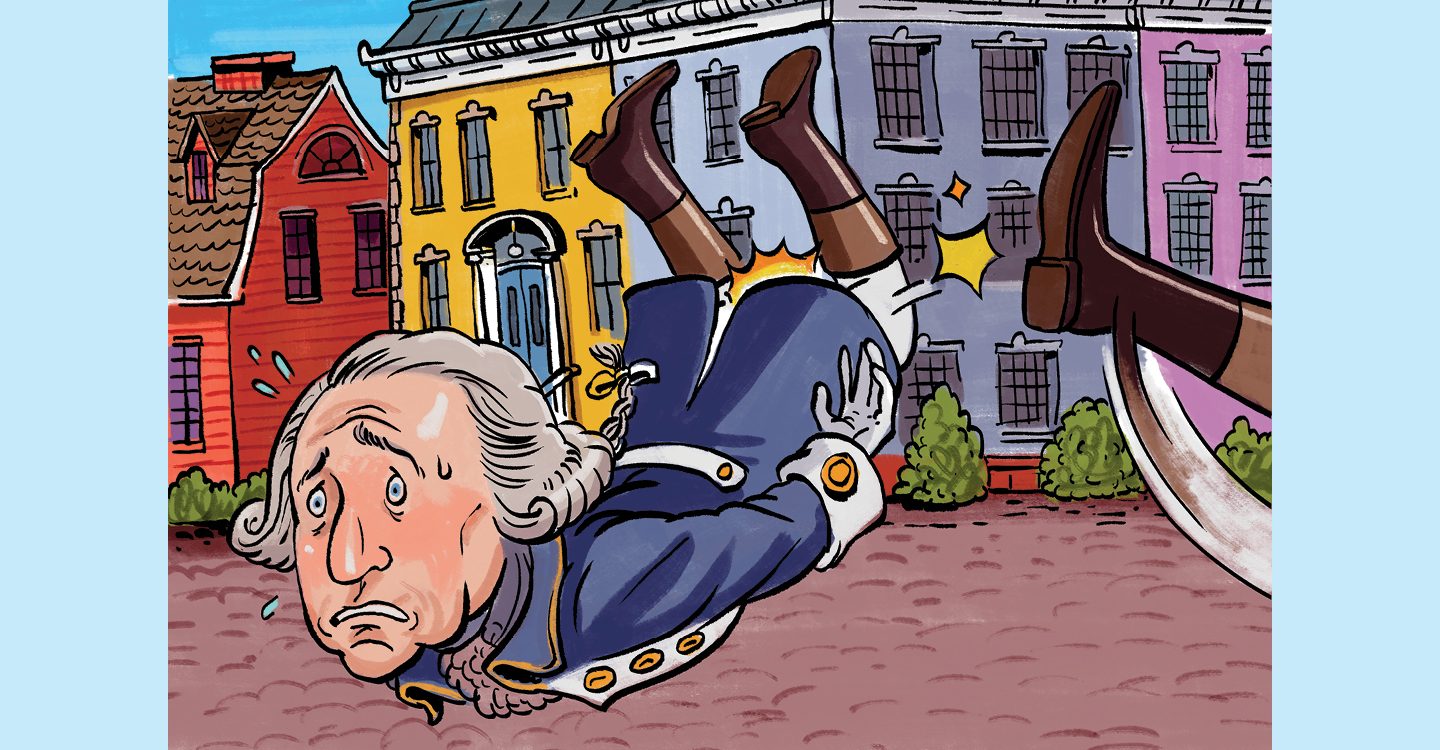Starting in 1764 with the Sugar Act, the British Parliament imposed a series of taxes on the 13 American Colonies to raise money to pay off war debt (see Key Events, below). The taxes angered the colonists. Though officially ruled by British monarch King George III and Parliament, each colony had its own local government and elected representatives. The colonists believed that their own governments, not Parliament, should tax them. That’s why their rallying cry became “No taxation without representation!”
In other words, the real conflict was about who had the power to pass laws affecting the Colonies, says Matthew Skic of the Museum of the American Revolution in Philadelphia. “The colonists were upset the decision [on taxes] was coming from Great Britain and not the American assemblies,” he says.
Starting in 1764 with the Sugar Act, the British Parliament put a series of taxes on the 13 American Colonies. Parliament intended to use the money raised to pay off war debt (see Key Events, below). The taxes angered the colonists. The British monarch King George III and Parliament officially ruled the Colonies. However, each colony had its own local government and elected representatives. The colonists believed that their own governments, not Parliament, should tax them. That’s why their rallying cry became “No taxation without representation!”
In other words, the real conflict was about who had the power to pass laws affecting the Colonies, says Matthew Skic of the Museum of the American Revolution in Philadelphia. “The colonists were upset the decision [on taxes] was coming from Great Britain and not the American assemblies,” he says.

